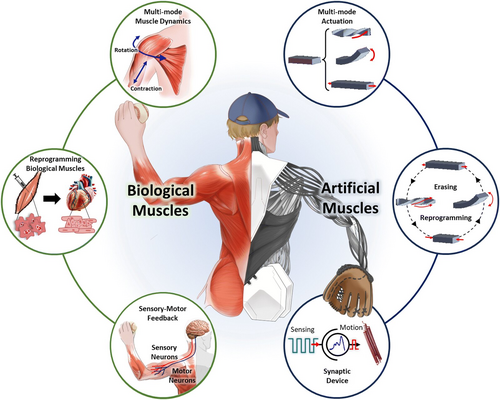Scientists Create AI-Powered Artificial Muscles That Learn and Adapt Like Human Tissue

Summary
Georgia Tech researchers develop revolutionary AI-powered artificial muscles using hierarchically structured fibers that learn and adapt in real time like human tissue, with a prosthetic glove demonstration showing the technology can restore natural dexterity and instantly respond to user movements.
Key Points
- Georgia Tech researchers develop AI-powered artificial muscles using hierarchically structured fibers that learn, adapt, and self-correct in real time, mimicking human tissue rather than traditional rigid robotics
- A prosthetic glove powered by these artificial muscles demonstrates the technology's ability to restore natural dexterity, fine-tune grip strength, and respond instantly to user movements for everyday tasks
- The soft robotics approach prioritizes biocompatibility and natural feel, requiring interdisciplinary collaboration between mechanical engineering, materials science, medicine, and computer science to create devices that work with the human body